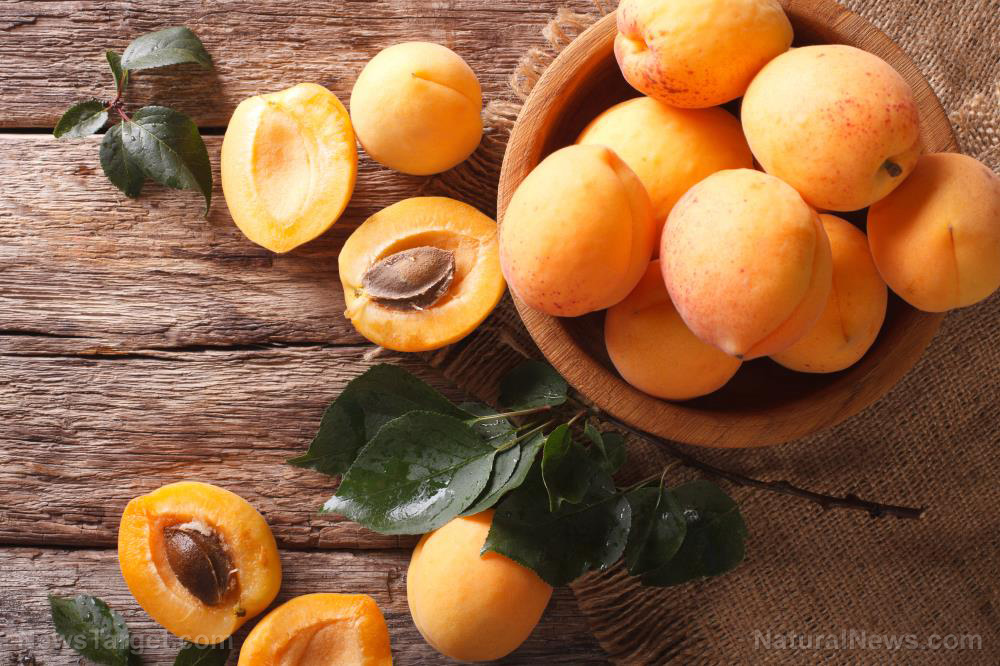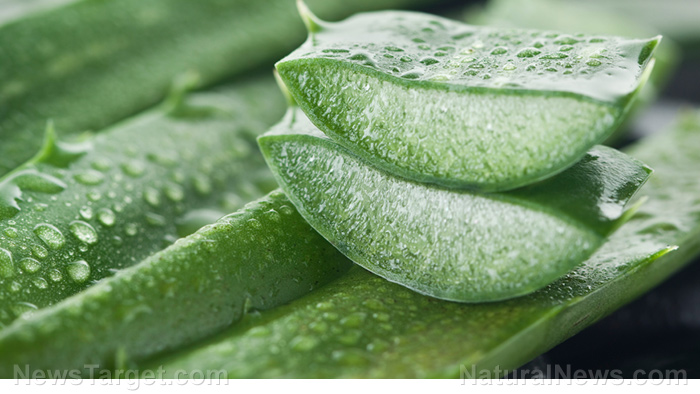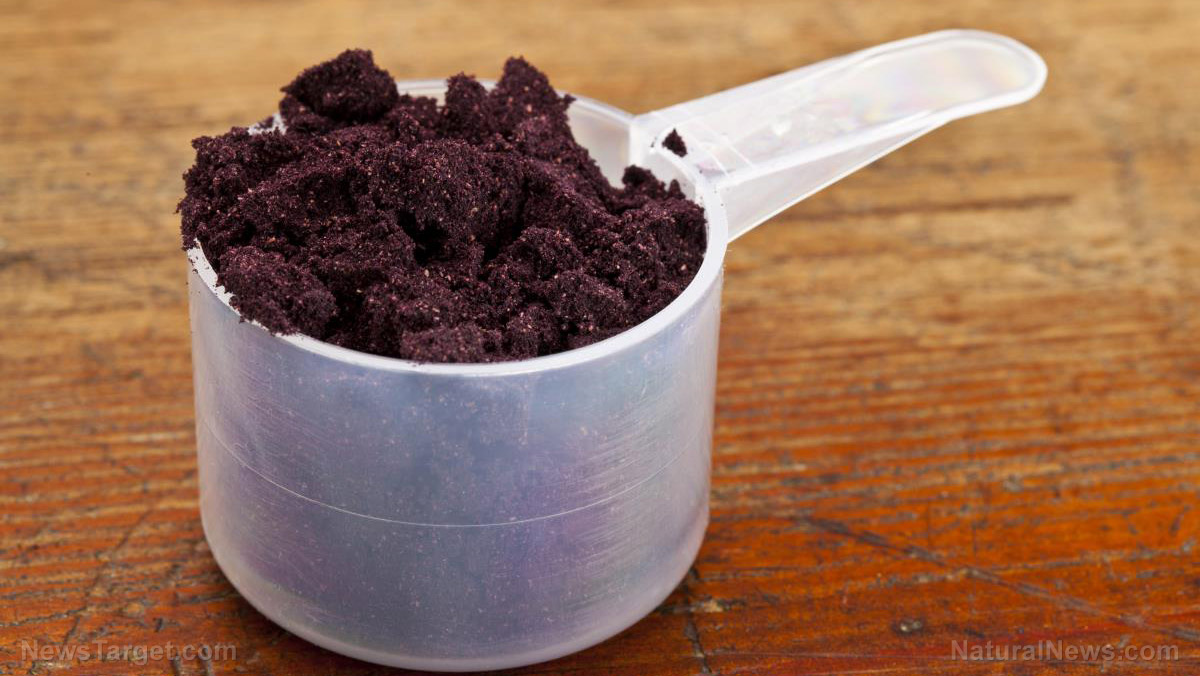Pomegranate peel extract found to be a safe and natural pesticide
10/20/2018 / By RJ Jhonson

Tomatoes are among the most popular crops in the world, but they are also a magnet for pests and plant diseases. A study published in the journal Archives of Phytopathology and Plant Protection evaluates the potential uses of pomegranate peel extracts for controlling Meloidogyne javanica, a tomato pest, offering farmers a safe and organic solution to an infestation by this specific pest species.
Whether you call tomatoes fruits or vegetables, there is no denying their importance as a crop. Not only are they a crucial ingredient in many cuisines, but their nutritional benefits are also well recognized. They are so important that they are planted in virtually every country on the planet, with China single-handedly yielding almost a third of the global production. China harvested more than 40 million tons of tomatoes in 2014 alone.
Tomatoes attract multiple kinds of pests and diseases, which can vary depending on geography. One of these pests is M. javanica, also known as the sugarcane eelworm. They are one of several root-knot nematode (roundworm) species, so-called because of how they infect the roots of plants and cause the formation of root-knot galls, which drain plants of nutrients.
The sugarcane eelworm is found in many regions around the world but is considered the dominant representative of their genus in areas with warm and tropical climates, such as Central Africa and West Africa. As a group, root-knot nematodes infect up to 2,000 plant species and cause about five percent of global crop loss.
Sugarcane eelworms are controlled using various biocontrol agents, including specific fungal and bacterial species. Juglone, a compound derived from plants like henna and black walnut, is also utilized for this purpose. The authors of the published study examined the possibility of using the extracts from pomegranate peel against sugarcane eelworms.
Sponsored solution from CWC Labs: This heavy metals test kit allows you to test almost anything for 20+ heavy metals and nutritive minerals, including lead, mercury, arsenic, cadmium, aluminum and more. You can test your own hair, vitamins, well water, garden soil, superfoods, pet hair, beverages and other samples (no blood or urine). ISO accredited laboratory using ICP-MS (mass spec) analysis with parts per billion sensitivity. Learn more here.
They treated M. javanica eggs and juveniles with varying concentrations of methanolic, ethanolic, and aqueous extracts from pomegranate peel. While all extracts successfully prevented more than 75 percent of the eggs from hatching, the ethanolic extract failed in inhibiting the viability of second-stage juveniles.
The researchers also tested aqueous extracts on tomato plants at concentrations of 10, 25, and 50 percent in greenhouse trials. They also used pomegranate peel powder as a soil amendment at concentrations of three, six, and nine grams. Both of these measures resulted in significant reductions in nematode infestation. The aqueous extract was also observed to enhance plant growth, but the pomegranate peel powder was noted to have a phytotoxic effect on the tomato plants.
The authors concluded that the extracts of pomegranate peels were effective in reducing the number of galls and egg masses, as well as the nematodes’ rate of reproduction.
Protecting your tomato plants from insects
The innate ability of tomatoes to fight off pests is actually admirable, but this doesn’t mean you should leave your plants to the mercy of insect parasites. You don’t have to use toxic chemical pesticides either. Here are natural ways to prevent insect attacks on your tomato plants:
- Keep their leaves above-ground – Making sure your tomatoes’ leaves do not touch the ground is an effective way to protect them from insects. You can do this by propping them up with tomato cages or cones.
- Give them company – Nurturing the right plants around your tomatoes can help deter insect pests. Ideal companions for your tomato plants are herbs like basil and oregano, as well as flowers like nasturtium and marigold.
- Set up traps – Your local nursery may be able to provide you with sticky traps that attract insects and prevent them from approaching and damaging your tomato plants.
- Keep them healthy – As mentioned previously, tomatoes have natural defenses against pests. Keeping your plants healthy through regular fertilization and watering will help prime their innate defense mechanisms for possible insect attacks.
- Invite enemies – Certain bugs and insects feed on tomato pests. Inviting them into your garden will add an extra layer of protection for your plants. Some of the predators you need are parasitic wasps that are effective against leafminers and stinkbugs, and big-eyed bugs that attack tomato fruit worms. Also, ladybugs eat aphids.
Learn how to keep pests away from your plants the natural way at HomeGardeningNews.com.
Sources include:
Tagged Under: crops, food science, food supply, harvest, home gardening, Meloidogyne javanica, natural pest control, natural pesticide, organic farming, organic gardening, organics, pomegranate peel, Punica granatum, root-knot nematode, sugarcane eelworm, tomato pest, tomatoes



















